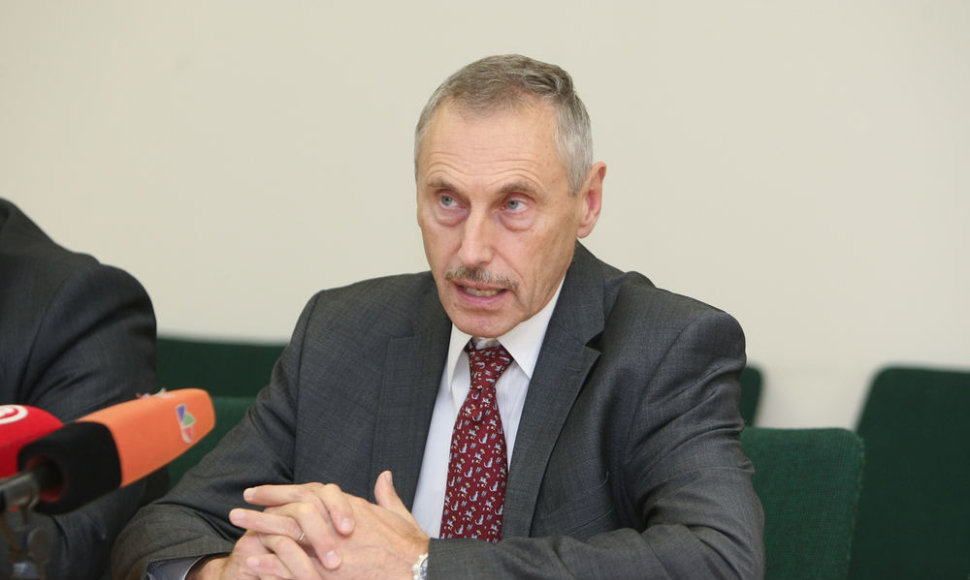“[It] probably [depends] on various factors, including political, legal, and economic. Speaking about the political aspect, public opinion, of course, is very important. But the decision will have to be made by the newly elected parliament and the new government,” Arvydas Sekmokas said at the Baltic Investors Forum on Friday.
Speaking about the nuclear facility project, Rimantas Vaitkus, the CEO of Visagino Atominė Elektrinė (Visaginas Nuclear Power Plant), the state-owned company doing preparatory work for the project, said that the current situation was “strange” but the project had not stalled.
“The results of the vote, of course, are very important... Decisions on the results of advisory referendum will be taken by the new parliament. Speaking about business environment, we believe that this project is a regional one. But the situation is in fact strange – all necessary legislative acts, which have been adopted, prompted us to take further measures and develop this project, but now we have the results of the advisory referendum. As far as the treatment of these referendum results is concerned, we will have to wait for conclusions from lawyers, experts,” Vaitkus said.
Viktor Uspaskich, leader of the Labour Party, which came out ahead in the first round of the election last Sunday, has said that a second referendum could be called when the cost of the project and other details are clearer. He said that the 14 October referendum was premature.
Some 34.09 percent of people who cast ballots said "yes" to building a new nuclear power plant and 62.68 percent voted "no".












